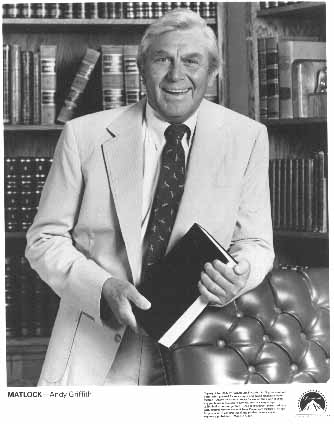Specifically, a gospel was the announcement that a new Roman Emperor, a new "savior", had agreed to govern the world in exchange for whatever wasn't actually nailed down.
 "Gospel" then is being used ironically. It is also being used to proclaim a different kind of gospel with a different kind of good news and thus a different kind of world empire. And a part of what we face, if we can see it, is that Mark confronts us with the fact that this game of world empire hasn't changed all that much in 2000 years -- even when played by folks who own the name "Christian" who say their prayers at night, when the wolfsbane blooms and the moon is full and bright.
"Gospel" then is being used ironically. It is also being used to proclaim a different kind of gospel with a different kind of good news and thus a different kind of world empire. And a part of what we face, if we can see it, is that Mark confronts us with the fact that this game of world empire hasn't changed all that much in 2000 years -- even when played by folks who own the name "Christian" who say their prayers at night, when the wolfsbane blooms and the moon is full and bright.
What this points out is that even Mark, the apparently simplest and most straight forward of the gospels is not simply chronology: it is history with an edge. It has an agenda. One of the advantages of reading, say Revelation, is that the agenda is pretty much naked at the party. Mark is more like that country bumpkin lawyer who seems to be stumbling in his homespun ways meanwhile leading the witness and the courtroom into a cul de sac.
One such agenda item seems to be the status of John the Baptist. Mark sets him up as the last of the old style prophets, a fulfillment of HaShem's promise through Isaiah, one who called the Roman subject state of Judea to cleansing and righteousness. Mark then places on John's lips:
There is someone coming after me who is stronger than I - indeed I am not good enough to kneel down and undo his shoes. I have baptized you with water, but he will baptize you with the Holy Spirit.
It seems likely therefore, that one of the target audiences of this gospel is the followers of John the Baptist who have not yet joined The Cause: who have not yet become disciples of the disciples of Jesus.
As the old maps used to say: here there be dragons
1 comment:
The fact that John "baptizes" Jesus gets increasingly more embarrassing as we get into later gospels with more theology about Jesus
and as the audience gets less Jewish, with less awareness of what was really going on. (See next installment!)
John is there because he really needs to be, preparing the way as this says.
There is a role for a prophet here.
"Behold, I will send you Elijah the prophet before the great and terrible day of the Lord comes. And he will turn the hearts of fathers to their children and the hearts of children to their fathers, lest I come and smite the land with a curse." (Malachi 4.5, which is placed last in the Christian version of the Hebrew scriptures.)
Yes, this is to be a different sort of reign. The "rules" of the movement are probably a separate document, aka "Q" which gets sifted into Matthew and Luke a little later, if we have this right.
In its original form this narrative is not 'addressed' to anyone but Christian congregations, who were likely adding it orally to their weekly liturgical reading of portions of the Torah. "Reading" meaning that an appropriate leader recites the passages, using a scroll if one is available (but in a small, poor community, maybe not? Some people insist that no community was too poor to have a scroll and someone able to refer to the actual text; but scrolls were expensive items and who knows? It's awhile later before we get to cheap codexes as an affordable way to circulate written materials.)
The other gospels all attribute this quote to John the Baptist, and probably got it from here. Perhaps he actually said something of the sort, possibly referring to prophecies that God himself was going to clean things up--or possibly referring to Jesus. Who knows?
Post a Comment